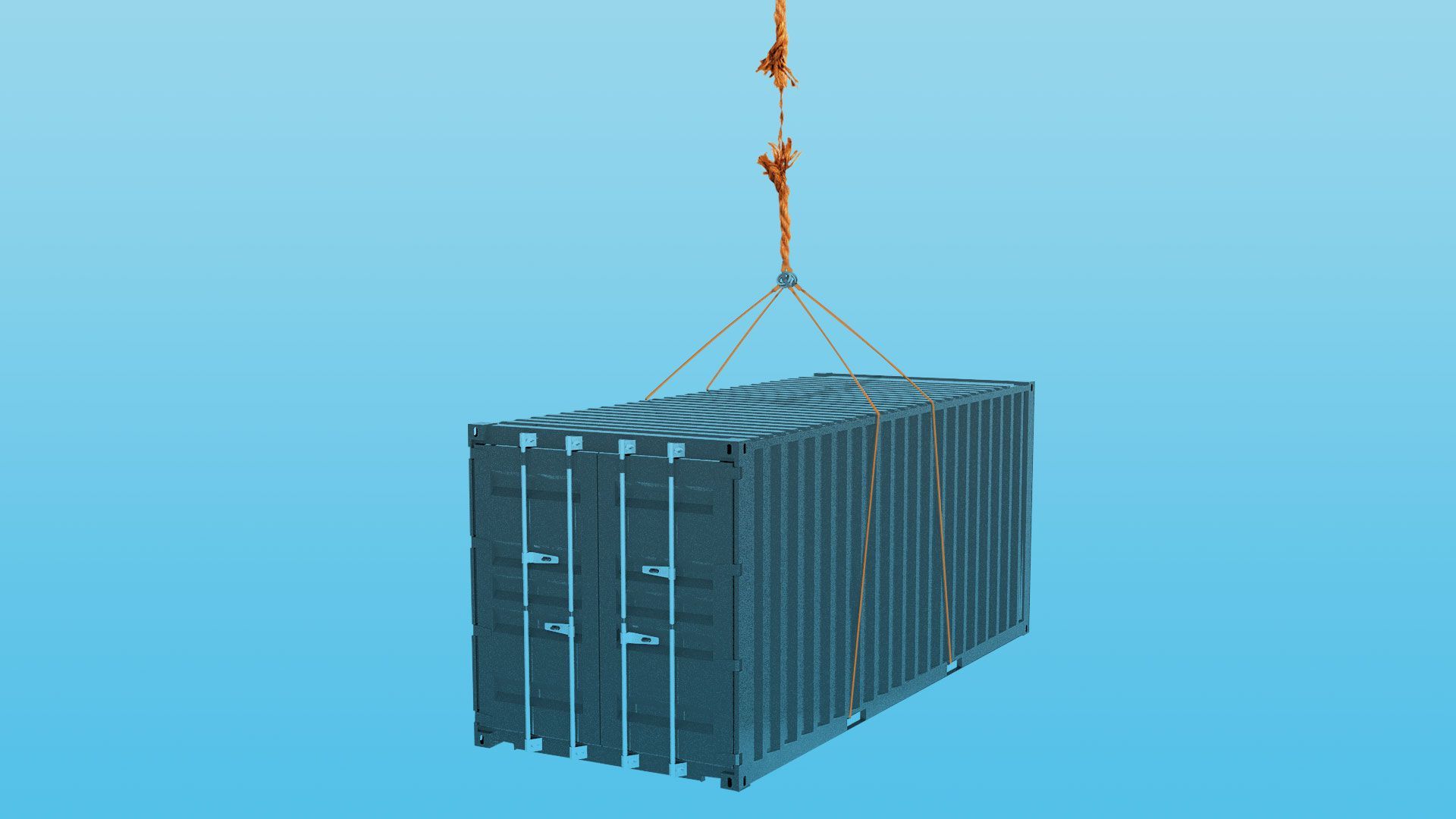The fragmentation of global trade
Add Axios as your preferred source to
see more of our stories on Google.

Illustration: Aïda Amer/Axios
The pandemic will accentuate the deepening uncertainty over the future of global trade, according to a new report.
Why it matters: Trade is the lifeblood of globalization, and it's helped lift hundreds of millions of people out of poverty. But populism, a growing rift between China and the U.S., and the wild card of COVID-19 could cause global trade to fracture into regional variations.
Robert Manning, resident senior fellow at the Atlantic Council's Scowcroft Center for Strategy and Security, notes that global trade, which grew almost ninefold between 1980 and 2017, is now projected to fall by 13% to 32% in 2020.
- Much of that is due to the COVID-19 pandemic, which has led to closed borders and a sharp reduction in economic activity across the board.
- But, says Manning, "COVID-19 has really accelerated protectionist trends that were already in play."
- The effect of disruptive technologies like biotech and AI — which Manning wrote about in a recent report I covered for Axios — has made countries less obviously dependent on each other, which has ramifications both for trade and global stability.
What to watch: Manning doesn't believe globalization is at an end, but he does see trade fragmenting, taking place more within set regions than freely across the globe.
- That includes the internet, which is increasingly fracturing along national boundaries. Political shifts like China's heavy hand in Hong Kong will require internet companies accustomed to operating globally to choose sides.
"There's a real danger that if the two biggest trading powers in the U.S. and China continue to move in a nationalist direction, then things are going to get pretty ugly."— Robert Manning
